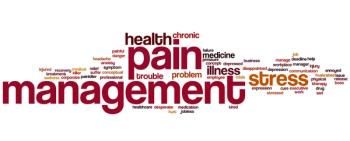
Neuropathic pain is one of the most difficult syndromes to treat.

Neuropathic pain is one of the most difficult syndromes to treat.

Pharmacists and other health care providers use the Beers Criteria for Potentially Inappropriate Medication Use in Older Adults as a guideline for prescribing medications for older adults.

Proper drug selection may alter outcomes and health care system costs.
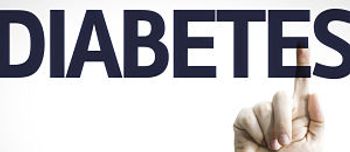
Diabetes has a tremendous global impact, but developing nations often struggle to help patients deal with their disease.

Eating before bed can have a significant impact on the development of nonalcoholic fatty liver disease.

Acute respiratory tract infections are most often caused by viruses and do not require an antibiotic prescription, and yet they still account for 43 million office visits annually.

With the increase in the number of patients diagnosed with atrial fibrillation or needing stroke prevention treatment, roughly 3 million Americans currently take warfarin, while a lesser number takes direct oral agents.
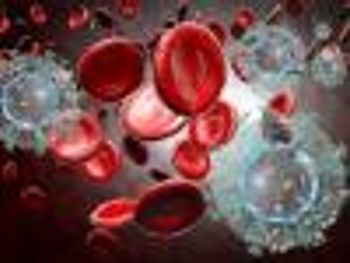
Likelihood of co-infection linked closely to intravenous drug use more often than risky sexual activities in patients with HIV and hepatitis C.

The World Health Organization indicates that 35 million individuals have HIV worldwide, and 4 to 5 million HIV-infected patients are co-infected with hepatitis C virus.

Nonsteroidal anti-inflammatory drugs, acetaminophen, and other non-opioid OTC analgesics used to treat pain are particularly difficult for patients to self-manage.

Dual antiplatelet therapy with aspirin and a P2Y12 inhibitor is a cornerstone acute coronary syndrome treatment to prevent thrombotic events after coronary stent placement.
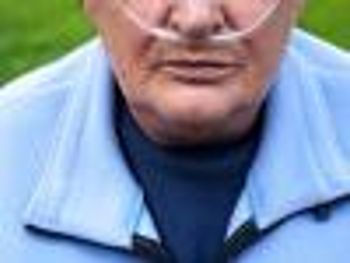
Guidelines recommend inhaled corticosteroids for patients who experience repeated COPD exacerbations.

Treating chronic pulmonary obstructive disease with both inhaled corticosteroids and long-acting bronchodilators remains controversial, but new evidence suggests that this controller combination could reduce mortality risk.

Nasal corticosteroid sprays do not seem to be viable treatments for the common cold.

In intravenous drug users, macrophages are among the first cells infected by HIV.

Often caused by acid reflux, eosinophilic esophagitis is an emerging inflammatory disease that is generally unresponsive to proton pump inhibitor therapy.

In addition to facing the risk of fatal overdose, kidney disease, and pneumonia, heroin users also have a greater likelihood of acquiring HIV.

Although warfarin is time-tested, the use of novel oral anticoagulants are a topic of interest to improve health outcomes in patients with non-valvular atrial fibrillation.

Patients have an unsatisfactory level of awareness about heart failure and harbor critical misconceptions, new research findings suggest.

Esomeprazole before breakfast may provide more enduring acid control for patients with gastroesophageal reflux disease than other OTC proton pump inhibitors.

Cough and cold remedies are some of the more common OTC medications that can lead to unsupervised exposures requiring trips to the emergency department.

Patient self-management is an emerging anticoagulation delivery model that capitalizes on patients' willingness for in-depth warfarin education to help treat their atrial fibrillation.

Database supports HIV research by increasing sample power and decreasing study biases.
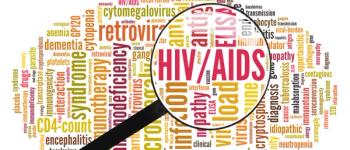
HIV-1-associated neurocognitive disorders afflict almost half of all patients with HIV.

Viral shedding during influenza infections has 2 traits of interest to researchers: the quantity of virus shed and the pattern in which infected individuals shed virus over time.

How patients experience heart failure is often worlds apart from the way health care providers understand it.

The use of oral, combined, highly active antiretroviral therapy presents challenges for patients with HIV.

Patients with gastroesophageal reflux disease are more likely to have a second operation following bariatric surgery compared with patients without the disease.

Health care providers walk a tightrope when they employ oral anticoagulants in the treatment of atrial fibrillation.

Pharmacists should be asking their patients with HIV not only if they are taking their medications, but also how they are taking them.